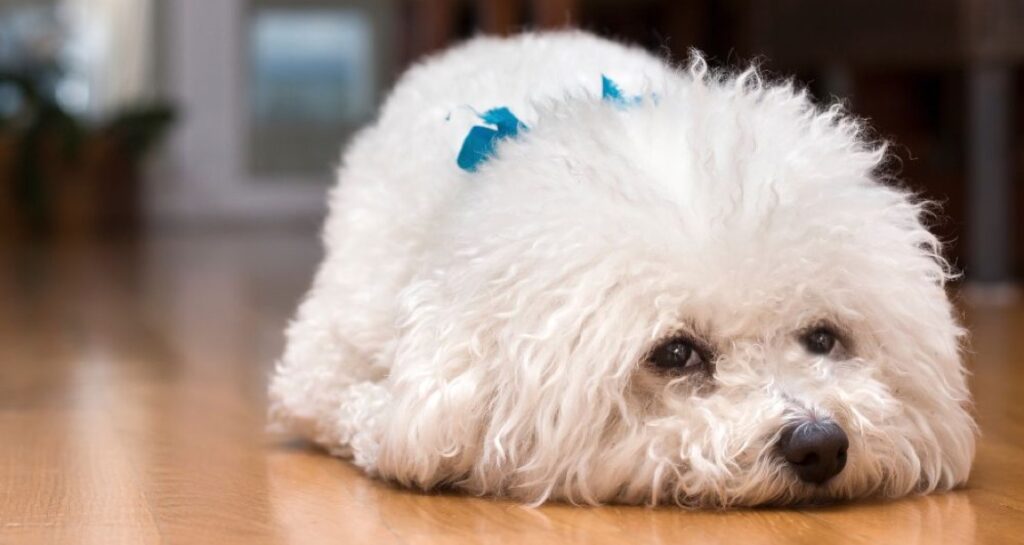Some dogs handle alone time better than others. Certain breeds are more prone to experiencing separation anxiety due to their personalities and natural tendencies. Below, we explore dog breeds that are prone to separation anxiety, what makes them more susceptible, and how to support.
1. Labrador Retrievers
Labrador retrievers are beloved for their friendly and affectionate nature. These dogs thrive on human interaction and are incredibly loyal to their families. While their loving temperament makes them amazing companions, it also means they feel particularly distressed when left alone.
2. German Shepherds
Known for their intelligence and protective instincts, German shepherds are deeply attached to their owners. They love having a job to do and being close to their family, which can make them anxious or restless when alone for too long.
3. Cavalier King Charles Spaniels
Cavalier King Charles spaniels are classic lap dogs that were bred specifically for companionship. Their strong need to be close to their people makes them especially prone to separation anxiety.
4. Border Collies
Border collies are energetic and intelligent and thrive in active environments where they are mentally and physically engaged. If they’re alone, they don’t have enough stimulation and a productive outlet for their energy, so they can become destructive and anxious.
5. Bichon Frises
Bichon frises are affectionate and sensitive dogs that love constant companionship. Though they are small, their big personalities rely heavily on social interaction, making them vulnerable to separation-related issues.
6. Australian Shepherds
Australian shepherds are working dogs that form strong bonds with their families and become unsettled without regular interaction. Their loyalty and drive to please make them particularly susceptible to anxiety when deprived of companionship.
Supporting Dogs With Separation Anxiety
This list is not exhaustive, and any dog of any breed can experience separation anxiety. However, these are some of the most sensitive dogs when it comes to this issue. If you have or want to adopt one of these breeds, it’s important to understand separation anxiety in dogs and learn how to support your companion’s unique needs. Usually, you will need to provide plenty of physical and mental exercise, establish a routine, and gradually acclimate them to spending time alone. You might also consult a veterinarian or professional dog trainer for expert advice or help if anxiety issues persist despite your careful efforts. We wish you the best of luck as you take meaningful steps to ensure your dog lives a happy, balanced life.
